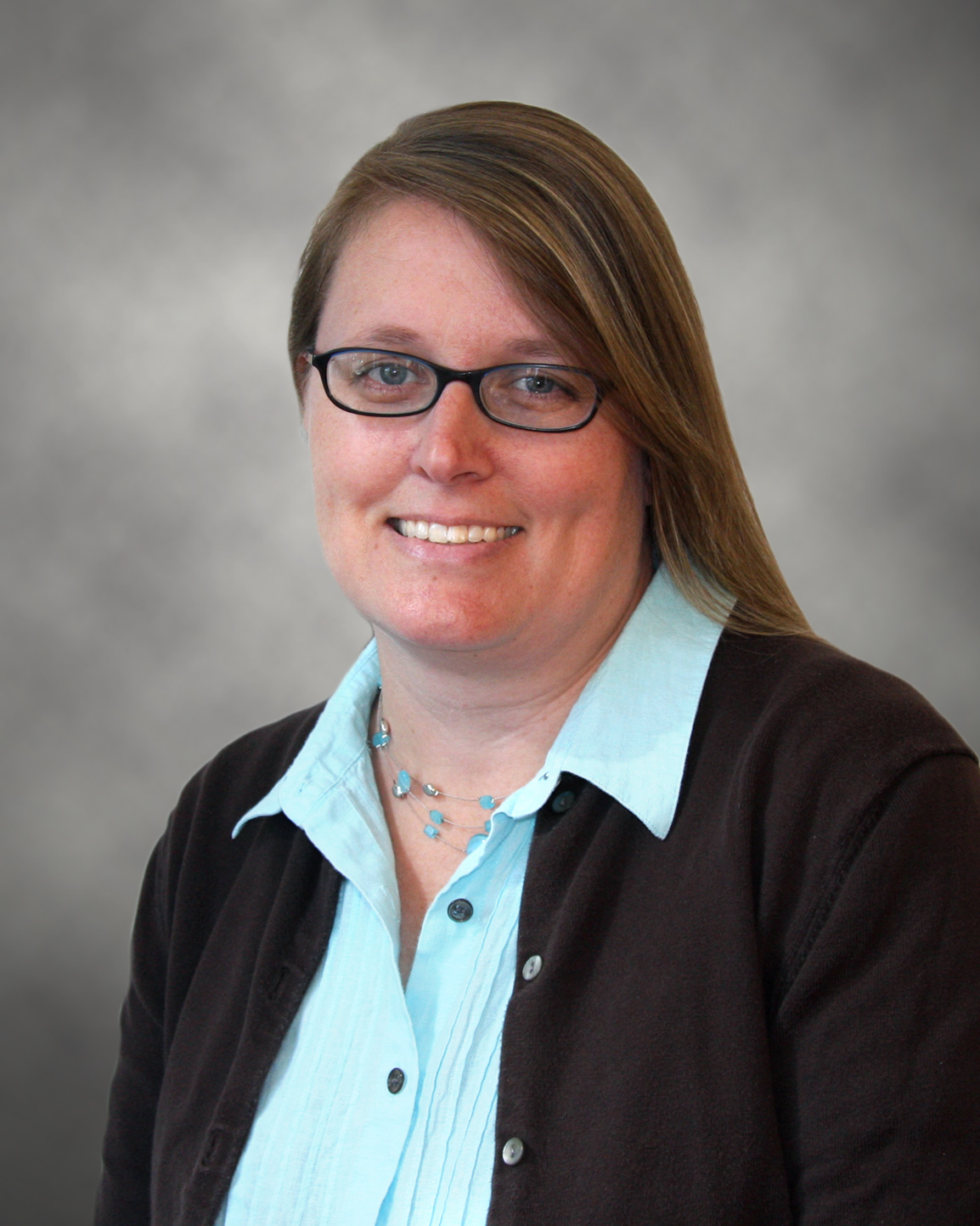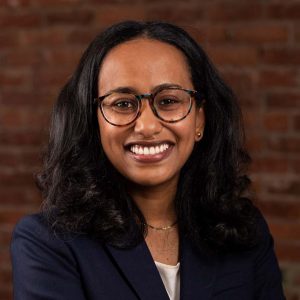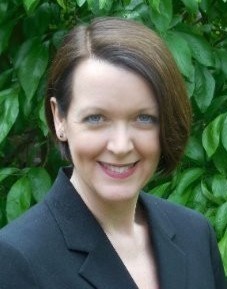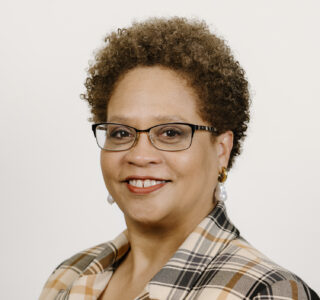
Theory to Practice is an ongoing series of discussions hosted by the Evans School that brings together academics and researchers at UW with practitioners in the field to explore key policy, governance, and social sector topics.
On December 11, 2024, the Evans School of Public Policy & Governance hosted our Theory to Practice: Antiracist by Design Book Launch with Associate Professor Crystal C. Hall. This thought-provoking event celebrated the launch of her powerful new book on advancing antiracist practices in policy and design.
The evening featured an engaging interview led by Charmila Ajmera, MPA ’20, who explored the book’s themes and its inspiring call to action for creating equitable systems through intentional design. The discussion illuminated the real-world implications of antiracist work and the challenges and opportunities of embedding these principles into practice.
Attendees were invited to join a dynamic Q&A session, where thoughtful questions deepened the conversation around antiracism and systemic change. This meaningful exchange set the stage for a community-driven dialogue, fostering connections and shared commitments to advancing equity in policy and governance.
Speakers
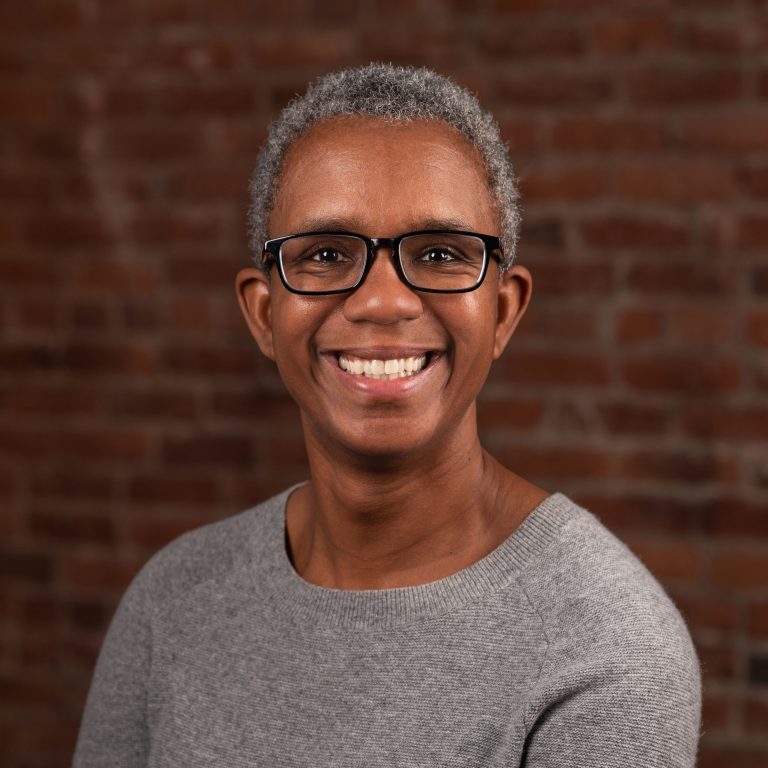
Crystal Hall joined the Evans School faculty in 2008. Her courses include Quantitative Analysis, Psychology for Policy Analysis, Intergroup Relations for Public Policy, and Race and Equity for Policy and Governance.
Her research explores decision making in the context of poverty, using the methods of social and cognitive psychology, along with behavioral economics. This work has had a particular focus on financial decision making and economic opportunity for low-income families. In addition to broadening the theoretical understanding of the behavior of this population, her work has also explored new ways of incorporating these insights into policy design and implementation. She has a record of serving government agencies at the local, state, and federal level – including having served as a Fellow on the White House Social and Behavioral Sciences Team and the Federal Office of Evaluation Sciences at the General Services Administration.
Professor Hall holds an appointment as an Adjunct Associate Professor of Psychology in the University of Washington Department of Psychology. She is also an Academic Affiliate of ideas42, an Affiliated Scientist of the Behavioral Change for Good Initiative, and a Faculty Affiliate at both the University of Washington’s West Coast Poverty Center (WCPC) and Center for Studies in Demography and Ecology (CSDE).
In addition to her scholarly work, Professor Hall has provided guidance and training to community organizations, nonprofits, and government agencies seeking to implement tools from psychology and behavioral economics into the design and delivery of their programs and services. She holds a PhD and MA in Psychology from Princeton University. In addition, she holds a BS from Carnegie Mellon University in both Decision Science and Policy and Management.

Charmila Ajmera is Environmental Justice Policy senior manager in the Environmental Public Health division of the Washington State Department of Health. Prior to joining the agency, she worked with the environmental justice coalition, Front & Centered to help draft and pass the 2021 Healthy Environment for All (HEAL) act, and served as an Inclusion Manager at Tableau and Salesforce. She has been a staunch and effective advocate for equity and anti-racist policies and practices both in her professional and academic careers for the last 15 years. Outside of work, she loves enjoying the beauty of the PNW with her 2 year old daughter, partner, and pup.
